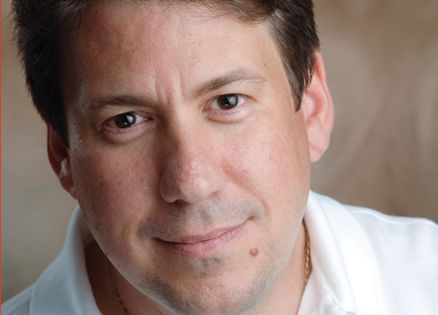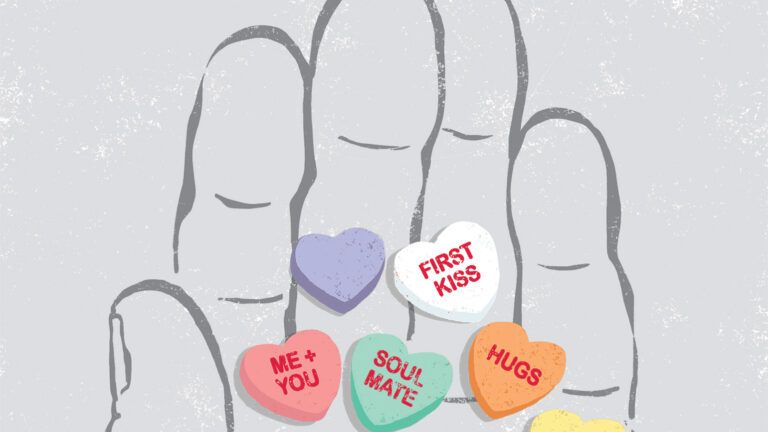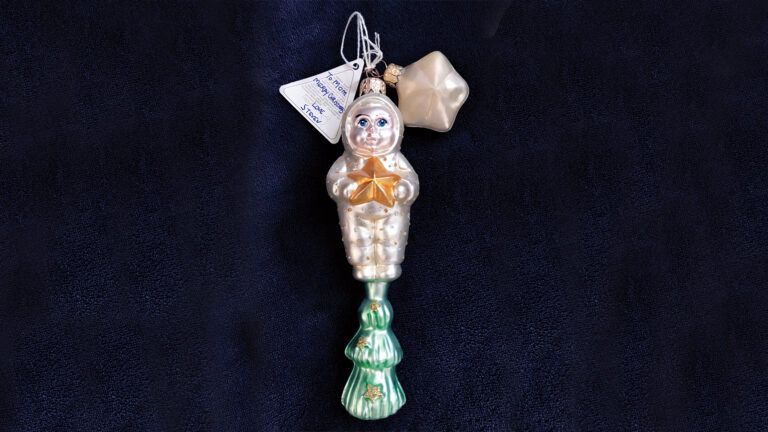I remember the first time I thought about dying—I mean really thought about it. I must have been sixteen or so. It was completely dark in the room except for the blue digital time display on the video player. For some reason I started staring at those little blue numbers, waiting for the time to change.
I was in that sort of a state when, for what ever reason, I started thinking about death. I don’t remember what the chain of thoughts was that led me to the subject, but for the first time in my life I actually tried to picture myself dead.
Now, I should tell you that normally I’m a very cheerful person, and back then especially so; I was always laughing and joking around and never gloomy.
But this one time, I allowed myself to indulge in morbid thoughts. I imagined myself in a coffin, lying there dead, wearing a suit, my face all pasty with makeup. Then I pictured the coffin in a grave, with me in it under the ground.
Then I imagined what it would actually feel like to be dead. Not sleeping. Not unconscious. But dead. I tried to imagine the silence, the stillness, the emptiness, the nothingness.
I really worked myself up. Then, finally, I thought about the fact that this wasn’t just a fantasy of mine, but reality. I would be dead and buried. It seemed too terrible to believe.
I imagined it all as clearly and vividly as if it had happened already, and at some point I actually let out a shriek and leapt up from the couch and turned on all the lights in the living room. Then everything was all right again. Then I felt okay.
Anyway, that was how I dealt with the awareness of my own mortality the first time it hit me. Now, I know this isn’t very original—countless people have felt the same thing. But I relate it here because so many people think about death the wrong way. They think of it exactly the way I did when I was sixteen. They think of it as black nothingness.
But there’s a lot more to reality than what our senses can detect. In fact, the idea that death represents the end of all thinking and knowing and caring and being is the opposite of the truth. It’s completely contrary to what Christianity teaches.
According to most central doctrines of the faith, the moment of death is not quiet or still at all. It’s a time of extraordinary activity. In fact, it’s probably the busiest moment of our lives.
When a person dies, there’s not a single solitary second when he feels “nothing.” The whole period of “passing over” from the old life to the new is seamless and instantaneous. God doesn’t allow you to skip a beat. Yes, your body may be dead, and your friends and family may be standing around you, looking down, sobbing silently, and reflecting on the mystery of life and the finality of death, and other such solemn topics—but to you, the person lying there, the reality is much different.
At the very moment you die, your soul is liberated from your body. And your soul remains very much alive. It doesn’t die. Remember, the human soul has a beginning but no end. It was created by God to be immortal.
So when it leaves the body—when it “shuffles off this mortal coil,” as Shakespeare said—it has no problem existing on its own, because that’s its natural state: to live.
Nor will you be alone when you die—because your guardian angel will be there with you. An angel was especially given to you by God at the moment you were conceived in your mother’s womb, and this angel has been at your side ever since. He has been standing right next to you during every important event of your life, and he has helped you countless times, even though you may never have known it.
The whole purpose of his mission has been to assist you with the ups and downs of life and to help you make it to Heaven. Does it make any sense that he would abandon you at the very end? Of course not. He’s going to be right there with you.
And even though he’s a pure spirit, in some mysterious way you’ll be able to see him, know him, communicate with him and recognize the role he has played in your life.
Download your FREE ebook, Messages from the Hereafter: 5 Inspiring Stories Offering Proof of the Afterlife





